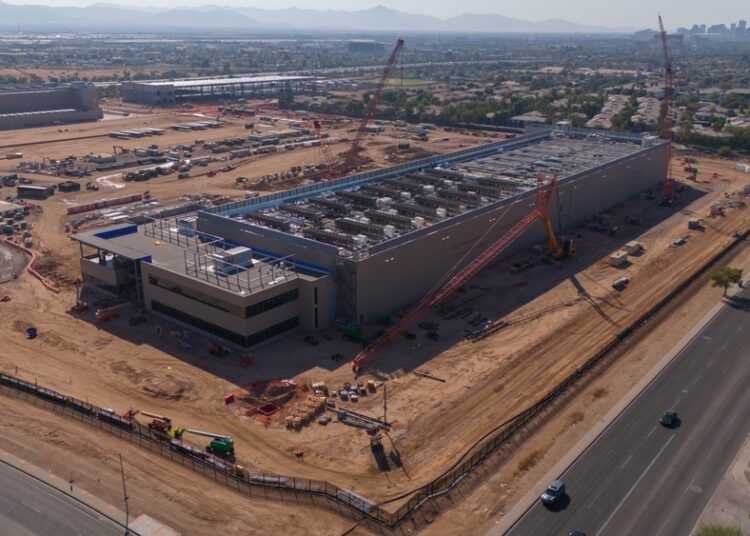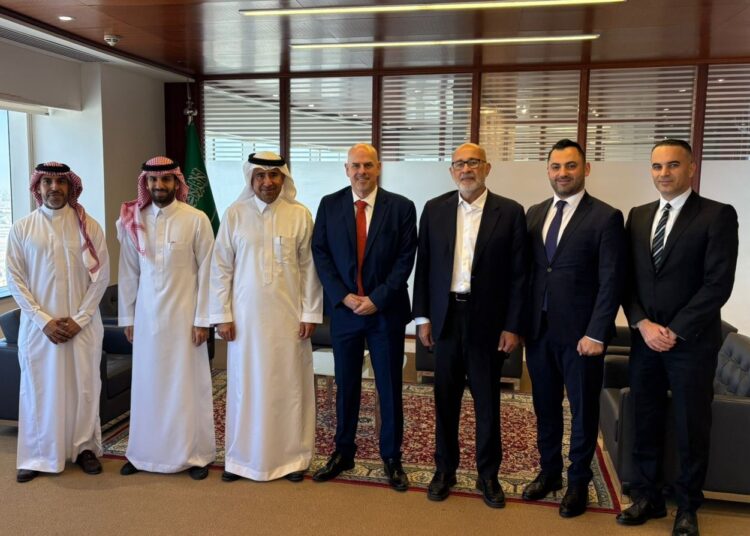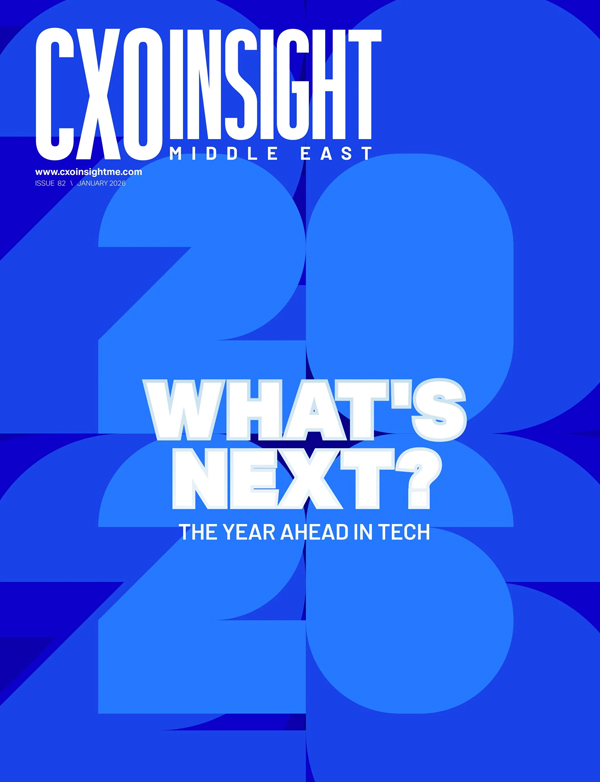Artificial intelligence that is open source, i.e., freely available for use, study, modification and sharing, has been the focus of interest of insiders and ordinary citizens for quite some time now. In recent weeks, attention on the topic has increased exponentially, with concerns over the latest DeepSeek updates and a surge of interest in Middle Eastern initiatives from entities such as G42 in the UAE and STC in Saudi Arabia, as the region seeks to keep pace with established Chinese and U.S. models. Homegrown efforts like Falcon, Fanar, and Jais are placing the region firmly on the global AI development map. At the regional level, institutions like the Mohammed Bin Zayed University of Artificial Intelligence (MBZUAI) have launched specialised AI programs and large language models, while other players across the GCC are deploying advanced solutions on locally operated architectures.
Although the emergence of new players in the market reinforces some existing complexities, related for example, to the quality and protection of the information they use, Denodo, a leader in data management, has identified some advantages arising from this competitive landscape – and that companies in the Middle East should be ready to recognise.
“Regardless of their level of maturity with respect to AI adoption, organisations should be aware of the new scenarios that the latest developments in the field are shaping,” comments Gabriele Obino, Regional VP Sales, Southern EMEA & ME, Denodo. “In our view, given the very broad potential of generative AI, advancements that make adoption easier and more secure should be embraced – especially by organisations navigating complex data environments.
But what, in detail, are these possible benefits?
- Cost reduction: Although GenAI has tremendous transformational potential, its development and management costs have, to date, held many organisations back from using it. Against this backdrop, any technical advances that enable its adoption to be simplified and the associated expenses to be contained should be seen as beneficial to companies interested in implementing it in the Middle East, particularly those aiming to optimise costs while pursuing large-scale digital transformation.
- Increased efficiency: Electricity demand has grown by 14 per cent in the past 10 years, and it is predicted that, on the back of AI, data centre electricity consumption in 2026 will be double what it was in 2022 (International Energy Agency data). In short, the issue of AI sustainability is not secondary. Compared to more established solutions, DeepSeek has a strong focus on efficiency and is based on the MoE, Mixture-of-Experts, architecture: this allows only a subset of its parameters to be activated during calculations, thereby reducing consumption without compromising performance quality. In the Middle East, where energy resources are a key economic driver, the push for efficient AI aligns with many national strategies targeting sustainable growth and reduced carbon footprints.
- Technological progress: For those who have faith in innovation, another of the benefits of the race to open source AI is the democratisation of technological progress: for example, by open-sourcing the R1 LLM code, DeepSeek has enabled further improvements to the model by engineers and AI scientists from around the world. For that matter, the source code of the R1 LLM model is to date already available from several other providers, including AWS and Azure. This collaborative momentum resonates with tech ecosystems in Dubai, Riyadh, and Abu Dhabi where governments are investing heavily in open-source communities, startup incubators, and cloud-native development frameworks. [Flagship initiatives such as the UAE’s Falcon (developed by TII), Jais (created by G42 and MBZUAI), Qatar’s Fanar, and Saudi Arabia’s ALLaM model are reshaping the narrative — positioning the Middle East not only as an AI adopter, but as a serious contributor to global AI innovation.]
The (data-related) challenges still to be addressed
In the context just outlined, however, there is no shortage of complexities-especially those related to information management. According to a recent Gartner study, 30 per cent of GenAI projects will be abandoned by the end of 2025 precisely because of poor data quality and other factors, such as inadequate risk controls, rising costs or unclear business value. Organisations in the Middle East, from government agencies to private enterprises, must similarly ensure that AI initiatives are supported by robust data governance.
So, what challenges remain to be solved?
- Making data AI-ready: For many organisations, having AI-ready information continues to prove complex. Technologies such as retrieval augmented generation (RAG), however, provide a comprehensive solution to this problem. Yet, most RAG implementations involve aggregating all relevant data and storing it in vector format—an approach that can be costly and time-consuming, and that only provides updated answers from the last data upload. Instead, the approach to follow is known as “Query RAG”: metadata, not the data itself, is vectorised and the LLM subsequently accesses this metadata to generate queries (in languages such as SQL) to retrieve the correct data from the original sources. This ensures accurate and up-to-date answers in real time, without significant overhead of data replication and vectorisation. In the Middle East, where data residency regulations often require data to remain in-country, Query RAG can also help reduce unnecessary duplication while maintaining compliance.
- Balancing response time and accuracy: As the size of metadata sets increases, reasoning models generally begin to perform better and provide more accurate and relevant answers. However, query generation times lengthen in a directly proportional manner. This is not an inherent limitation of models such as DeepSeek R1, but of the application of the Query RAG approach to any reasoning model. It is therefore crucial for companies to find the right trade-off between latency and accuracy for their specific use cases.
- Ensure security and privacy: Many organisations make no secret of their misgivings about using DeepSeek client applications because they connect to servers operated by the same or other Chinese entities-for example, U.S. government agencies have banned their use. Similarly, some Middle Eastern enterprises must also comply with strict data sovereignty mandates and cybersecurity regulations. One strategy to overcome this critical issue may be not to use client applications, but to fully reproduce the R1 LLM within one’s own protected execution environments. In general, regardless of the choice of model, it is critical to ensure that the execution environment of an LLM meets security and privacy compliance requirements, as indeed is necessary with any type of SaaS software or service that accesses sensitive data or metadata.
As open-source AI continues to evolve, organisations in the Middle East must navigate a delicate balance: embracing innovation while ensuring compliance, efficiency, and security. With a focus on intelligent data management and scalable governance, Denodo believes enterprises can turn these emerging challenges into long-term competitive advantage.










Discussion about this post